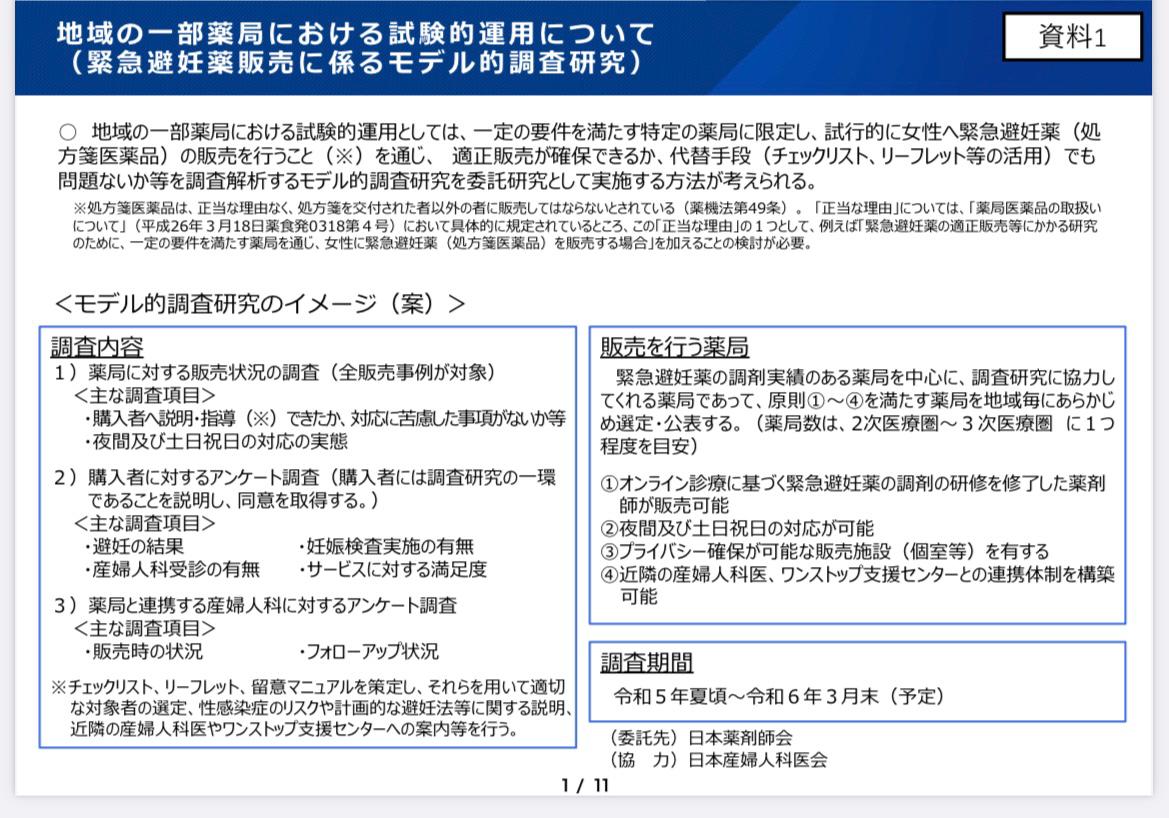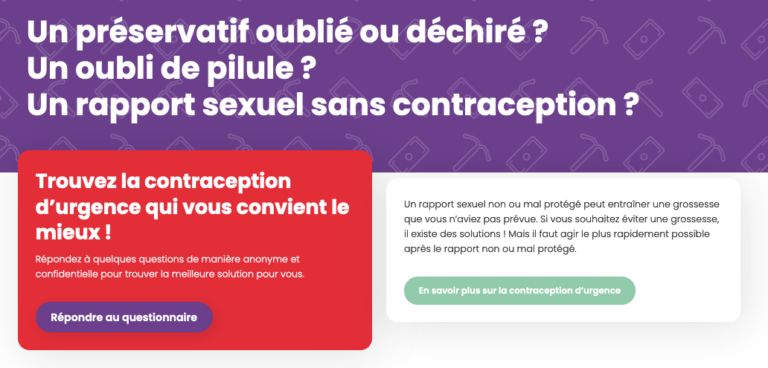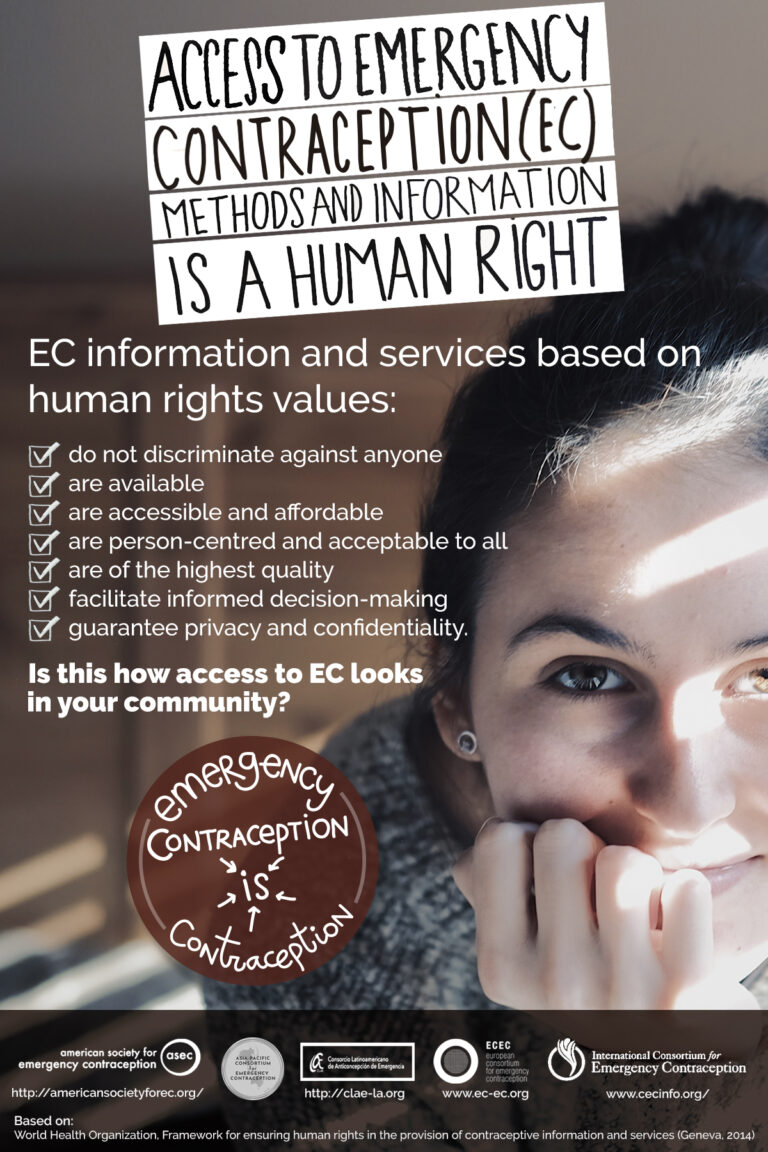Japan: Trial of OTC sale of ECPs begins
November. According to Kyodo news agency, the trial of a new modality to dispense emergency contraception pills (ECPs) without a prescription in Japan, began on November 28. The Health, Labour and Welfare Ministry will test out this modality in 145 pharmacies (of more than 60.000 in the country). Japan is one of the few northern hemisphere countries where levonorgestrel (LNG) ECPs remain prescription-only drugs. In order to better understand this research/trial, ECEC interviewed Kazuko Fukuda, an activist for women’s sexual and reproductive rights in Japan.
What is the goal?
According to Fukuda, through this trial pharmacies, gynecologist and “One Stop Centers” (support centers that provide comprehensive care and services to survivors of sexual violence), are brought together to improve collaboration and referral pathways between the three. The main goal of the trial is to ensure “ECPs sales abilities and utilization of alternative services”. Health authorities will collect data from three stakeholders:
- Pharmacists: Among other things pharmacy teams will report on their ability to provide EC counseling to costumers requesting ECPs (how is the method explained; level of difficulty in explaining ECPs use; or actual capacity to provide EC during nights, Sundays and holidays).
- Consumers: EC users will be asked to respond to two questionnaires; one at the pharmacy, when buying ECPs; and a second one about 3 to 5 weeks later (via email). Among other issues, they will report on contraceptive result; if a pregnancy test was done; or whether a visit to a gynecologists was needed after using ECPs.
- Gynecologists: Those collaborating with local pharmacies will also provide input about follow up and care provided to ECPs users.
Data will be collected until March 2025, and research findings will allow to reassess current EC dispensing policies (prescription only) and, if considered positive, to apply a full-scale rollout of this dispensing modality. Findings will also inform check list and other informational materials to strengthen the ability of dispensing ECPs.
Who can participate? At what cost?
Under this scheme, EC users still have to pay between 50€ and 60€ to buy one LNG ECP at the pharmacy. To date, the mandatory visit to a gynecologist to get a prescription, and the actual pill cost around 70€ (one of the highest prices in the world for LNG ECPs). Only 16 years-old and older can participate in the trial, but individuals under 18 are required parental’ consent and presence in the pharmacy.
Fukuda highlights that this pilot dispensing modality is only being applied to 0,2% of all pharmacies in the country, and thus is virtually not accessible to the majority of the population. She also notes that never before has such a large effort been made in Japan to assess the ability to dispense a specific medication.
How safe are LNG emergency contraception pills?
LNG ECPs are very safe, and have been extensively studied for over 20 years. As stated by WHO and partners 13 years ago, “LNG is well tolerated, is not a known allergen, leaves the body within a few days, is not addictive and has demonstrated no toxic reactions. LNG ECPs pose no risk of overdose and no major drug interactions or contraindications exist for LNG ECPs.” Read more about the safety of LNG ECPs here.



